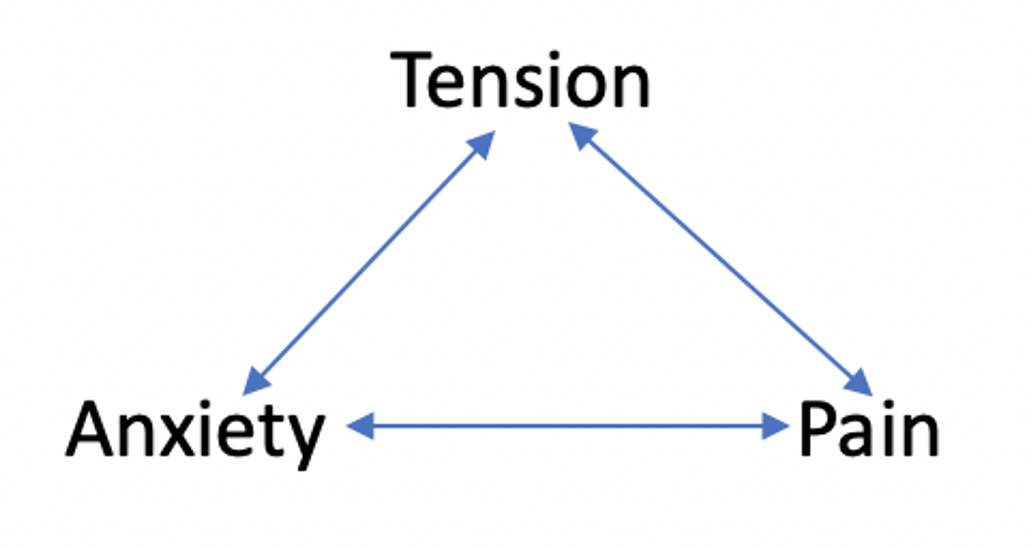The pelvic floor is a physical AND emotional muscle
If you ever have the interest to look up the functions of the pelvic floor, the most common answers that you would get are bowel and bladder control, sexual and reproductive functions, stability and sum-pump management, etc. It is rare that there is ever any acknowledgement of another important pelvic floor function: protection. Yes, the pelvic floor protects us from unwanted intrusion/penetration, and it shuts tight to protect our precious internal organs when there is a threat or fear. Thus, the pelvic floor responds to emotion and is an emotional muscle.
The latest research on pain indicates that emotion and mental health issues play a big role in the manifestation of pain. Physiotherapists are now at the forefront of a new approach called the “biopsychosocial approach”, which see clients as emotional as well as physical beings. This exciting new development has fostered a whole new perspective on how physiotherapy can approach pain holistically and encourages physiotherapists to consider how we approach mental health and emotion in our clinical setting. In my personal opinion, this development is long overdue and so essential in many cases for clients with pelvic health issues.
Case in point: when it comes to pelvic floor pain issues such as vaginismus (the inability to penetrate due to contraction of the pelvic floor muscles around the vaginal opening) or dyspareunia (painful vaginal penetration in the absence of disease), there is often a vicious circle of tension, anxiety and pain.
In this scenario, it is essential that we address the anxiety and fear in the treatment of pelvic floor pain issues.
The resolution of this fear and anxiety is complex and cannot be described in one blog post because it is different case by case; however, the one ingredient that is needed across the board is the ability of the therapist to create safety and allows the client to open up to unprocessed emotions that are keeping the pelvic floor in protective mode.
Mia Dang, PT, is a pelvic physiotherapist with extensive supplementary training in pelvic floor physiotherapy and perinatal care

